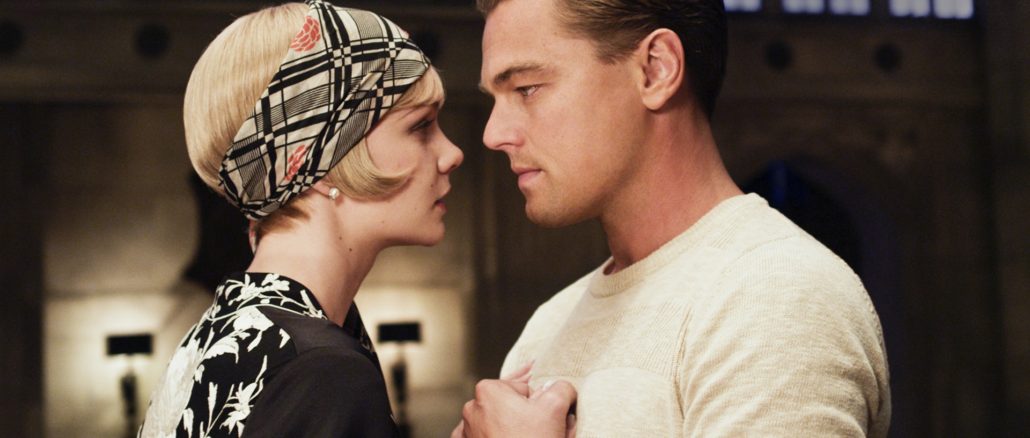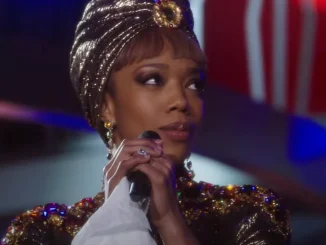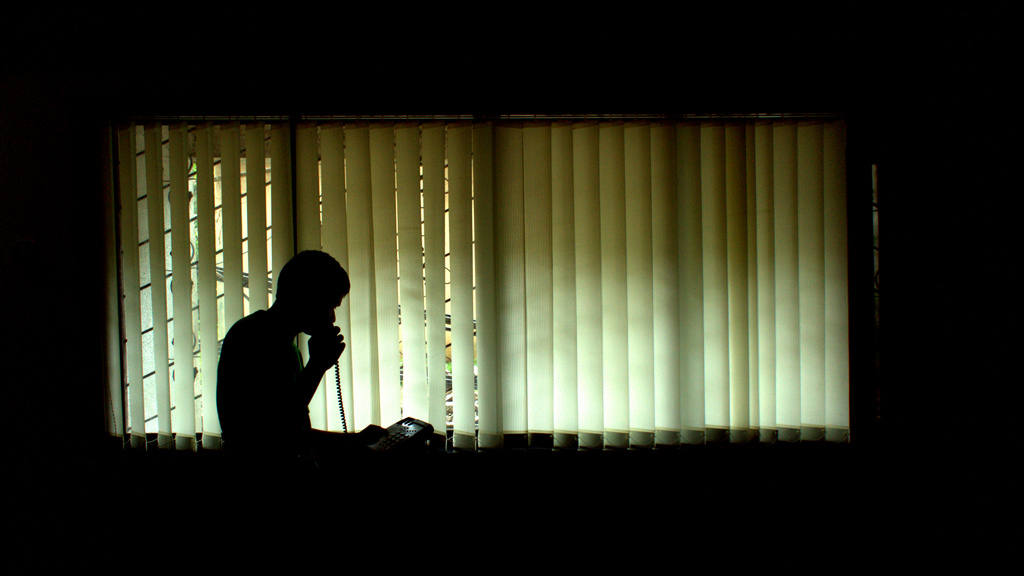
Do you remember that tear-jerking rendition of ‘I Will Always Love You’ at the end of The Bodyguard? Or the chilling torture scene in Reservoir Dogs set to the tune of the jovial 1970s song ‘Stuck In The Middle With You’? There are thousands of iconic film moments that are defined by the choice of music chosen to accompany those scenes. No matter what the film, if there is a weak score, the chances are that the film won’t be as successful as it could have been if it had had a stronger soundtrack.
The placement of music in film has always been used shrewdly by directors and producers to enhance mood and atmosphere among cinema-goers and viewers. In a BBC Arts and Culture article, composer and BBC Four presenter, Neil Brand was quoted as saying that music is most effective in cinema as people are more tuned in to their immediate surroundings;
“The darkness, the strangers, the anticipation, the warm comfortable embrace of the cinema seat. We’re ready to experience some big emotions,” he says, “and the minute the music booms out, we are on board for the ride. We have a very deep understanding of what music is doing, and it’s very physical. We can feel it going into our ears via sound waves and it can produce all sorts of physical responses, including in the right circumstances an actual thud to the stomach.”
Whether it be a comedy, drama, horror or thriller; the right soundtrack can greatly alter or carve out the tone of a film. Would the 2008 Academy-Award winning Juno have been as successful without its quirky soundtrack? Made up of music from Kimya Dawson and some of her bands including Antsy Pants and the Moldy Peaches, the laid back and chilled tracks paved the way for the album to become the first number one soundtrack on the U.S Billboard 200 since the Titanic soundtrack in the 1990s. A duet between the leading stars Ellen Page and Michael Cera also contributed to special musical moments and captured the almost indie-like feel of the film. As mentioned, The Bodyguard is defined by its musical score with songs such as ‘I Have Nothing’ and ‘Run To You’ appearing at key moments in the love story. While not a cinematic masterpiece, the Whitney Houston hits have made The Bodyguard a fan favourite for over 20 years. The explosive and electro-pop score for 2011’s Drive also can be held responsible for the popularity of the thriller. Composed by Cliff Martinez, the soundtrack is such an embedded part of the film that it would be difficult to imagine how it would have worked with different music.
The master of using soundtracks to his advantage is director Quentin Tarantino. For Pulp Fiction, he completely disregards a traditional composition of a score and decided to throw in a mix of surfer-type music blended with 1960s classics to compliment the outrageous script. Kill Bill Volume 1 is basically just music mixed with violence and murder. Every scene is laced with subtle mafia-esque background music, adding tension at every corner. Then when the typical Tarantino bloodbath ensues, you almost have to cover your ears as the music screams its way off the screen and into your world. It is the kind of in-your-face style that the controversial director lives by.
With mega stars such as Jay Z, Beyoncé, Andre 3000 and Florence and the Machine all contributing to the recent Great Gatsby soundtrack, it’s obvious that films have pulling power and influence over audiences. Many artists contribute exclusively to soundtracks; most of the time, they’re sometimes not even needed to do any promotion if they choose to release their singles. Films are enough of a springboard to get out their music.
Emily Bodkin




Leave a Reply